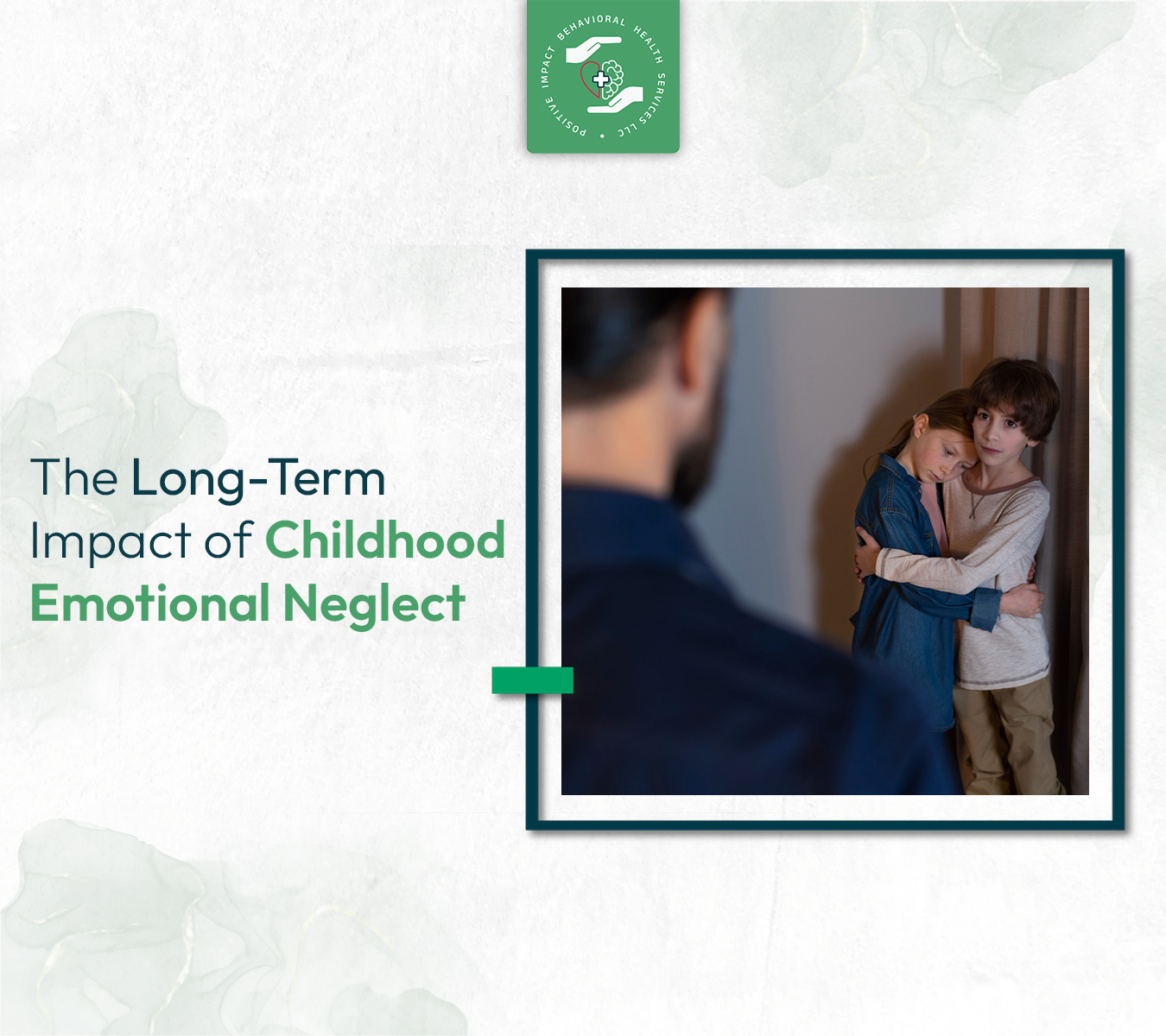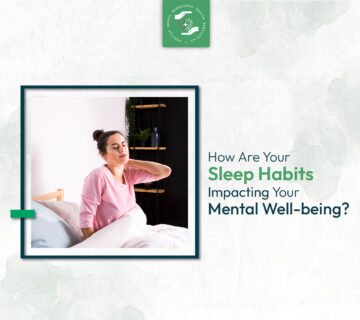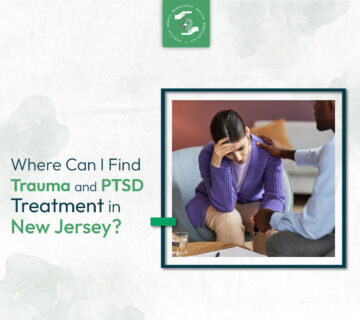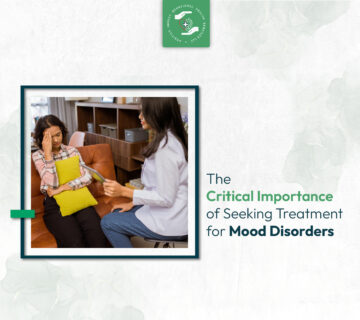Emotional neglect in childhood occurs when caregivers overlook a child’s emotions. It’s the little things that count. Not getting a hug when you’re scared hurts. Also, being told your feelings don’t matter stings. As time passes, this influences your perception of yourself and those around you.
What Emotional Neglect Looks Like
Emotional neglect can be quiet. A child may learn to hide feelings. They may think their needs are not essential. As adults, they might feel empty, lonely, or numb. They may have trouble asking for help. They may say things like “I am fine” even when they are not.
Long-Term Effects on How You Feel
When feelings are ignored for years, the mind learns to shut down. Individuals who experienced neglect during childhood might:
- Have low self-worth. They doubt that they matter.
- Feel empty or numb. Emotions can feel muted.
- Worry a lot about being judged. They may blame themselves for problems.
- Have trouble naming or describing feelings. This makes it difficult to seek assistance.
Long-Term Effects on Relationships
Emotional neglect can hinder connections with others. Here are some typical behaviors:
- They withdraw when friendships grow close because trusting is scary.
- They work hard to please others to avoid conflict.
- They often misread emotions or overlook social cues.
- They pick partners who are far away or not available. This feels normal to them.
Long-Term Effects on the Body and Mind
Neglect can leave marks beyond emotions. It can cause:
- Struggling to sleep or always feeling tired.
- Physical pain without an apparent reason, like headaches or stomach aches.
- Anxiety or panic attacks.
- Symptoms of trauma and PTSD occur when memories or triggers bring back old pain.
Healing Is Possible
Healing from emotional neglect takes time, but change is possible. Positive Impact Behavioral Health focuses on trauma and PTSD. We believe your struggles are not a flaw. They reflect experiences that have taken place in your life. Healing is about learning to feel safe with your own feelings and with others.
At Positive Impact Behavioral Health, we make space for slow, honest work. There’s no need to disclose everything all at once. We help you notice your feelings and name them. We teach ways to calm your body when anxiety or panic shows up. We work with you to build safer relationships and a stronger sense of self.
EMDR and Other Helpful Approaches
One tool we use is EMDR, which helps the brain process hard memories. EMDR can change how painful memories feel. It does not erase them. It helps memories stop controlling your day. We often combine EMDR with talk therapy, grounding exercises, and skills that teach emotional safety.
What to Expect in Therapy
Therapy at Positive Impact Behavioral Health is direct and straightforward:
- We start by listening. You tell what you want to change.
- We make a plan with small steps. Healing does not rush.
- We teach simple skills you can use at home to calm your body and name feelings.
- If EMDR fits, we explain it and guide you through it. You stay in control the whole time.
- We check progress together and adjust the plan when needed.
Meet Your Clinician
Dr. Martins Akhibi is a psychiatric mental health nurse practitioner who leads care with kindness and skill. He blends listening with evidence-based tools. He uses respectful language and cultural sensitivity. He focuses on making therapy feel safe. If you work with Dr. Martins, you get a clinician who knows trauma and who will help you feel seen.
Simple Things You Can Try Today
If you feel stuck from childhood neglect, try these steps:
- Name one feeling a day. Say it out loud. “I feel sad.” “I feel lonely.”
- Practice a breathing break for one minute when you notice tension.
- Tell one person you trust one small thing about how you feel.
- Write a few lines about a time you felt cared for, even if small. This helps your brain remember safety.
When to Get Help
If your feelings interfere with daily life, work, sleep, or relationships, reach out. If you feel numb, overwhelmed, or have panic attacks, that is a signal to talk with a professional.
Why Healing Matters
Unchecked neglect can keep repeating patterns for years. Healing changes the story. You begin to have faith in your instincts. You find a way to ask for help without feeling self-conscious. You build stronger relationships. You find ways to rest and to feel safe inside your body again.
How Positive Impact Behavioral Health Can Help
Positive Impact Behavioral Health provides a kind, steady place to work on trauma and PTSD. We employ EMDR, talk therapy, and effective techniques to enhance your well-being. We focus on your whole life, not just symptoms. You will find clinicians who listen, have a clear plan, and provide steady support.
If you are ready to begin, contact us. Heal from emotional neglect with small steps and the right support. You’ll feel more connected and calm, like yourself again.
FAQs
Q. What is childhood emotional neglect?
It is when a child’s feelings are often missed or ignored. The child does not get the help they need to know or talk about feelings.
Q. How is neglect different from abuse?
Neglect is when care is not given. Abuse occurs when an individual intentionally harms a child.




